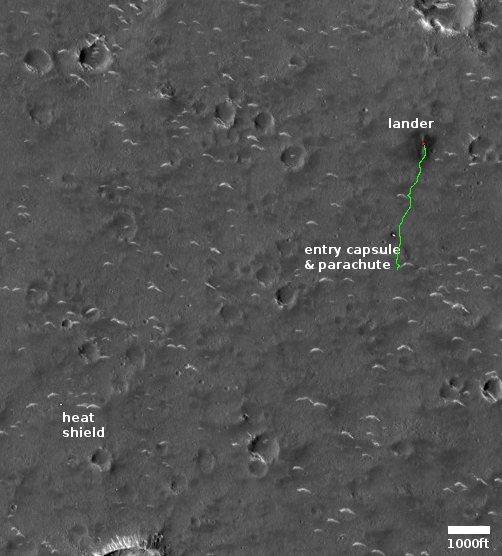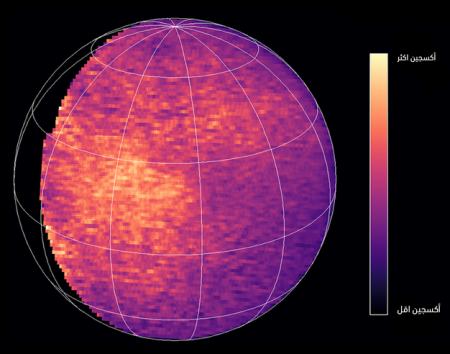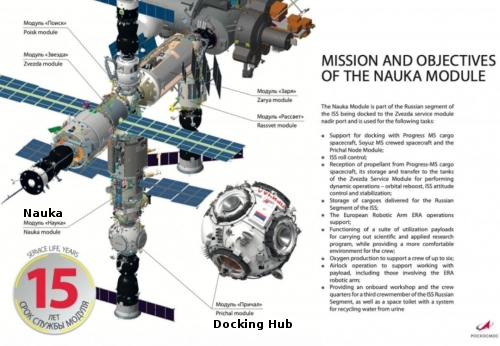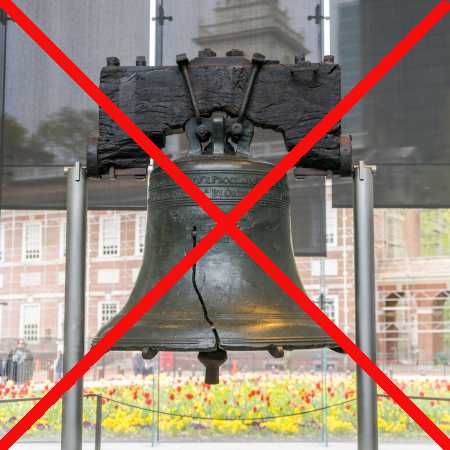Rocket Lab shifts another launch from Virginia to New Zealand
Foot-dragging by NASA bureaucrats has apparently forced Rocket Lab to shift the launch of its CAPSTONE lunar orbit cubesat from its new launchpad in Wallops Island, Virgina, to its New Zealand launchpad.
CAPSTONE would be the second Rocket Lab mission in recent weeks that shifted from Virginia to New Zealand. The most recent Electron launch July 26 placed into orbit Monolith, a smallsat developed by the Air Force Research Laboratory. Monolith was originally going to launch on the first Electron mission from Virginia.
Rocket Lab said at the time that it shifted the launch of Monolith because of ongoing work by NASA to certify the software for the rocket’s autonomous flight termination system. A NASA spokesman said in July that the agency expected to complete certification of the unit by the end of the year.
Note too that Rocket Lab had originally hoped to launch from Wallops in 2020, but was forced to delay that launch to 2021 then because of NASA’s inability to approve this system. Now it looks like they won’t be able to launch in ’21 either.
This flight termination system is likely the same one that Rocket Lab has successfully used now for four years and more than twenty launches in New Zealand. Why it should take NASA literally years to approve it is shameful. As I wrote in November,
While I have no evidence of this, I cannot help being suspicious of these various government agencies. For years numerous people in the government put fake roadblocks up to slow or stop SpaceX’s first manned launch, merely because it threatened their turfs. This autonomous termination system will make the ground crews at Vandenberg and at Cape Canaveral irrelevant, and I would not be surprised if some of these issues were drummed up to delay or block this system because of that.
I know I am being cynical, but based on history it is not unreasonable to be so.
I think we are seeing evidence now that my cynicism was entirely justified.
Foot-dragging by NASA bureaucrats has apparently forced Rocket Lab to shift the launch of its CAPSTONE lunar orbit cubesat from its new launchpad in Wallops Island, Virgina, to its New Zealand launchpad.
CAPSTONE would be the second Rocket Lab mission in recent weeks that shifted from Virginia to New Zealand. The most recent Electron launch July 26 placed into orbit Monolith, a smallsat developed by the Air Force Research Laboratory. Monolith was originally going to launch on the first Electron mission from Virginia.
Rocket Lab said at the time that it shifted the launch of Monolith because of ongoing work by NASA to certify the software for the rocket’s autonomous flight termination system. A NASA spokesman said in July that the agency expected to complete certification of the unit by the end of the year.
Note too that Rocket Lab had originally hoped to launch from Wallops in 2020, but was forced to delay that launch to 2021 then because of NASA’s inability to approve this system. Now it looks like they won’t be able to launch in ’21 either.
This flight termination system is likely the same one that Rocket Lab has successfully used now for four years and more than twenty launches in New Zealand. Why it should take NASA literally years to approve it is shameful. As I wrote in November,
While I have no evidence of this, I cannot help being suspicious of these various government agencies. For years numerous people in the government put fake roadblocks up to slow or stop SpaceX’s first manned launch, merely because it threatened their turfs. This autonomous termination system will make the ground crews at Vandenberg and at Cape Canaveral irrelevant, and I would not be surprised if some of these issues were drummed up to delay or block this system because of that.
I know I am being cynical, but based on history it is not unreasonable to be so.
I think we are seeing evidence now that my cynicism was entirely justified.










